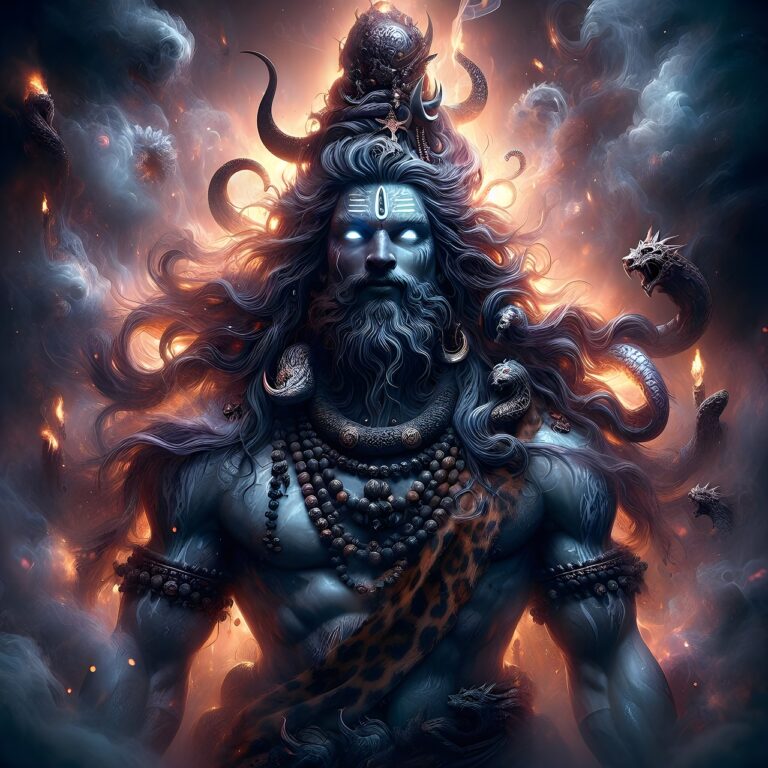Exploring the Role of Gamification in Entertainment: Turning Activities into Games
Gamification in entertainment has come a long way since its inception. Initially used as a strategy to engage players in video games, it has now expanded to various forms of entertainment such as movies, TV shows, and even live events. This evolution highlights the industry’s recognition of the power of gamification in enhancing user experience and capturing audience attention.
The shift towards incorporating gamification in entertainment is a response to the changing preferences of consumers. With the rise of interactive and personalized content, traditional forms of entertainment are adapting to meet the demands of a tech-savvy audience. By infusing gamification elements like points, rewards, and challenges into their offerings, entertainment providers are creating more immersive and engaging experiences for their users.
The Psychology Behind Gamification
Gamification taps into the intrinsic human desire for achievement and reward. By incorporating elements such as points, badges, and leaderboards, it triggers our brain’s dopamine system, creating a sense of accomplishment and motivation to engage further. This psychological phenomenon is rooted in the evolutionary principle of seeking out challenges and overcoming them, a concept deeply ingrained in our ancestors’ survival instincts.
Furthermore, gamification leverages the psychological concept of operant conditioning, where behaviors are reinforced through rewards. By providing instant feedback and tangible incentives, it encourages users to actively participate and progress within the entertainment experience. This element of feedback and reinforcement strengthens the connection between the individual and the task at hand, fostering a sense of competence and mastery that drives continued engagement.
Benefits of Incorporating Gamification in Entertainment
Gamification in entertainment offers a myriad of benefits that cater to both consumers and producers. By incorporating game elements into various entertainment platforms, such as mobile apps, websites, and interactive shows, creators can enhance engagement levels significantly. This increase in engagement often leads to higher user retention rates and heightened customer satisfaction, ultimately contributing to the overall success of the entertainment product.
Moreover, gamification fosters a sense of accomplishment and progress among users, motivating them to stay actively involved in the entertainment experience. By including rewards and incentives for completing tasks or challenges, creators can drive desired behaviors and encourage continued interaction with their content. This not only cultivates a loyal fan base but also opens up new avenues for monetization and brand partnerships within the entertainment industry.
What is gamification?
Gamification is the use of game design elements in non-game contexts to engage and motivate people.
How has gamification evolved in entertainment?
Gamification has evolved from simple point systems to more sophisticated mechanisms that involve challenges, rewards, and social interaction.
What is the psychology behind gamification?
The psychology behind gamification is based on principles of motivation, engagement, and rewards that drive human behavior.
What are the benefits of incorporating gamification in entertainment?
Some benefits of incorporating gamification in entertainment include increased engagement, motivation, social interaction, and overall enjoyment for the users.







